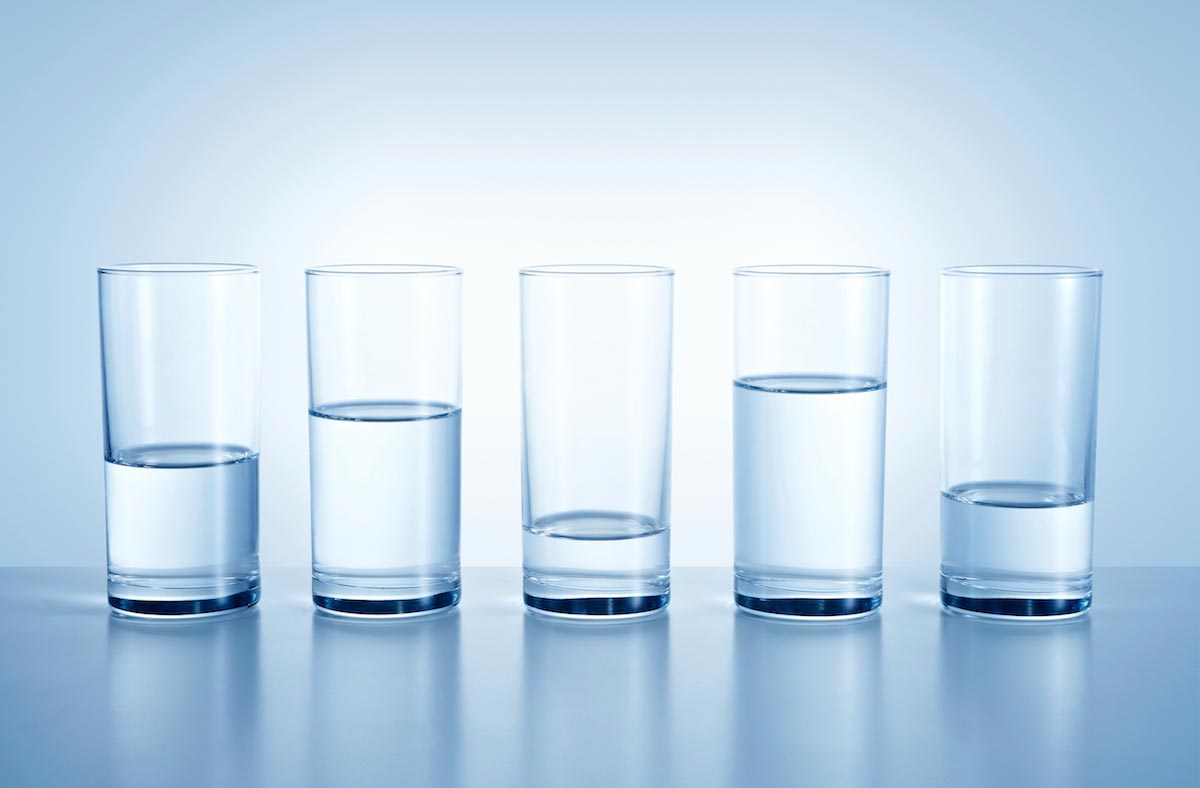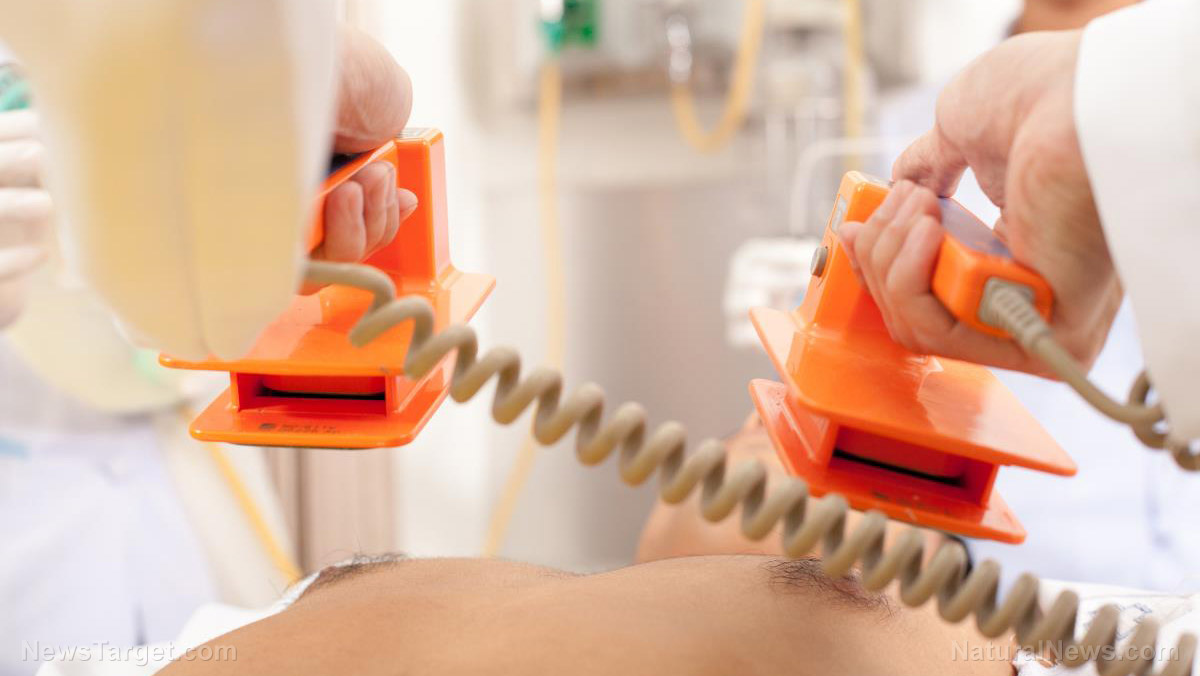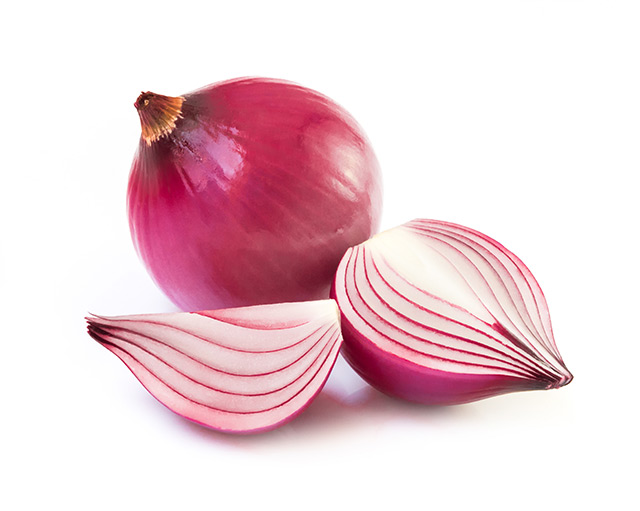Two glasses of water before a meal is proven to help you lose weight, scientists say
08/28/2015 / By Carol Young

You may have heard that drinking a glass of water before eating a meal can help you eat less. Clearly, if you fill up on H20 before tucking into some food, you will fill up faster because your stomach is more full. This method has now been studied and tested by scientists, so now you can say this traditional belief, or dare we say, old wives’ tale, is scientifically proven.
A study had obese adults drink 500 ml of water (approximately 16 ounces) half an hour before eating their main meals. On average, the adults lost about 9.5 pounds over a 12-week period. University of Birmingham researchers say that this simple trick of drinking fluids before mealtime could be not only hugely beneficial but also easily promoted by healthcare professionals and through public health campaigns.(1)
The saying goes that if you feel thirsty, then you are already dehydrated. It is important to drink water throughout the day, and this simple weight loss trick can give you even more motivation to do so.
A similar study was conducted in 2009 which involved randomized overweight men and women consuming either a hypocaloric diet alone (a diet in which you eat fewer calories) or a hypocaloric diet with increased water consumption for 12 weeks.(2)
Both groups lost a significant amount of weight, but the group that also drank more water lost an additional 2 kg of weight (4 pounds) compared to the other group.(2)
Staying hydrated in this way may not only help you achieve your weight loss goals but also improve the appearance of your skin, help regulate your mood and even improve your immunity.(3)
Now that you know that this conventional piece of wisdom to drink water before you eat is scientifically proven to aid in weight loss, you have no reason not to drink to your health. If you think guzzling so much water everyday will get boring, then try these fruit-infused water recipes that can provide you with even more nutritional value than just plain water. Cheers!
Sources:
(1) Mirror.co.uk
(2) PLOS.org
(3) ActiveBeat.com
Tagged Under: hunger, hydration, water, weight loss




















